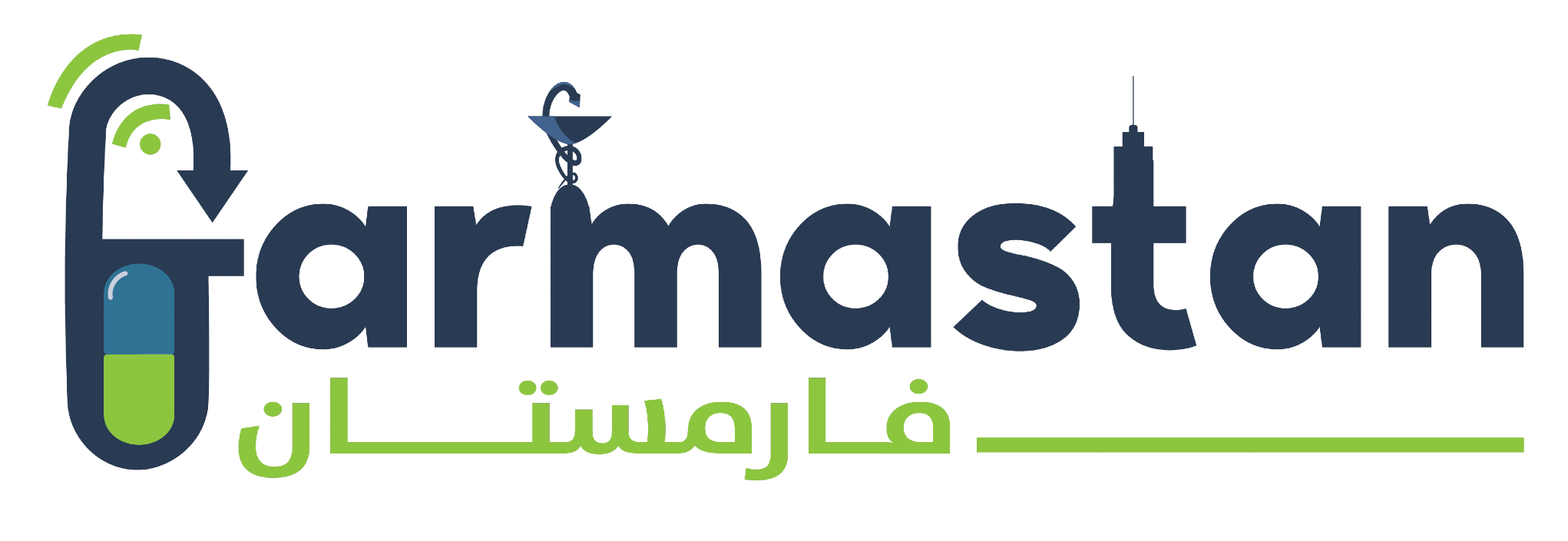Types of Pharmaceutical Products
[ad_1]
Prescription drugs are the main pharmaceutical industry products. These products are generating high revenue amounts but there are also other types of products that make up the whole pharmaceutical industry.
Biologics are composed of a variety of products that include vaccines, antibodies, blood, blood components, therapeutic proteins, tissues, allergenics and somatic cells. They are used for variety of medicinal, pharmaceutical and other important purposes.
Generic drugs are used interchangeably with branded drugs in the market. Basically, a generic drug is quickly approved in the market. Regulators of drugs would not necessarily require detailed testing and clinical trials for generic drugs. What the manufacturer of generic drugs needs to do is show evidence of the generic drugs’ equivalence to the original and branded version.
In essence, generic and original drugs have one and similar active ingredients. Brand names of drugs are chosen and are exclusively used by the manufacturers. What makes branded drugs more expensive is the cost of patent. Once the patent is expired, the generic drug may already be marketed.
Marketing of generic drugs involve no proprietary name yet in general are as effective as branded medicines. Generic drugs are non-proprietary which is why they are cheap. Therefore they are the only types of medicines that poor citizens can afford to buy.
OTC or Over-the-counter drugs are those medicines that one can buy from pharmacies and drug stores even without prescriptions from physicians or doctors. There are many types of over the counter drugs in the market. There are those which relieve pains, itches and aches. Others may also be used in curing ailments and diseases like athlete’s foot and tooth decay. Migraines and other recurring problems may also be treated using OTC drugs.
A drug needs to be properly considered as OTC, must be deliberated by a regulatory body if it is indeed safe for public use and be sold over the counter. Although easily accessible, consumers must keep in mind that taking OTC drugs may also place them at risks. There are OTC drugs that interact or have contraindications with drinks, foods, supplements and other medicines. Care must also be taken in administering OTC drugs especially to people with special and specific medical conditions. Pregnant women, most of all, should first consult with health care providers to determine which OTC medication is safe for use. An important reminder in using OTC drugs is to keep in mind that not because you take more, it does not necessarily mean that it is better. There are labels on OTC drugs which contain dosages, contraindications and other pertinent information. All these contained in the label must be understood and followed to assure you of a safe application.
Aspirin is one of the oldest OTC medications. Remember that OTC medicines are to be used even without supervision from a medical practitioner or doctor. Manufacturers of OTC drugs should abide by the concept that OTCs should have little potential or no potential at all of being used excessively. If drugs, over a period of 3 to 5 years, have been proven to be safe and effective as a prescribed medicine, than it may already be regarded as OTC drugs.
[ad_2]


Leave a Reply
You must be logged in to post a comment.